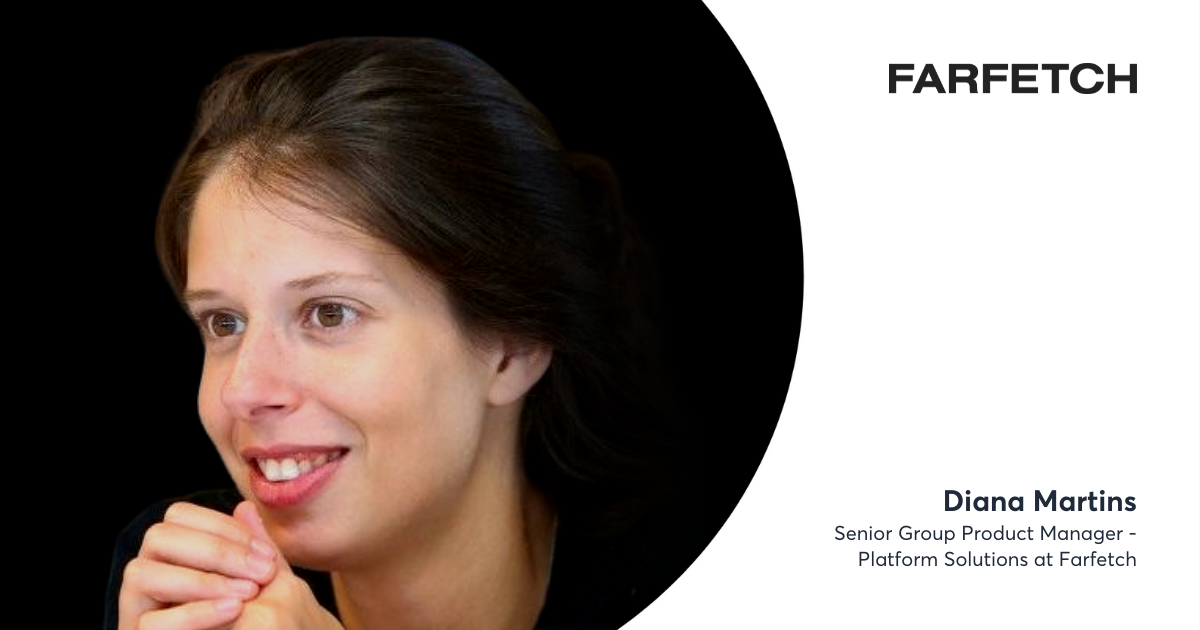Why wefox’s Focus on Safety Is a “Win-Win” in the Insurtech Space

Insurance firms don’t have a crystal ball, but there are different ways to predict risk to determine your premiums.
As technology develops, insurance companies are finding new and inventive ways to predict behavior to calculate premiums. Already, insurance companies do this with car insurance. You can install a device that tracks how safely you drive, but some firms are taking this even further.
In this episode of Disruption Talks, Sergi Baños Lara, CTO at wefox, joins us to discuss the growing insurtech landscape and how innovative insurance technology has become.
What is a neo insurer?
By now, many have heard the term neo bank already, but how does a neo insurer differ?
A neo insurer is a company that offers fully digital insurance products to individuals or businesses. Every step of the process, from quoting, applying, billing, and management, is handled digitally.
You can typically manage your policy through a mobile app, adjust your coverage, change your details, or buy additional policies through a smartphone.
Filip Sobiecki: Could you tell us a little bit about yourself?
I joined wefox six years ago, having previously worked in technology consultancy. I got the opportunity to start with wefox and became one of their first employees. We started working on the first wefox innovations as a B2C company.
What does a day in the life of a CTO look like?
For me, every day is different. We are a growing company that’s achieving year-on-year growth, but there are really big challenges in the insurance industry.
I start work by answering emails and then take part in multiple meetings throughout the day. Due to the current situation, we are all working remotely, which is a challenge.
How did wefox respond to COVID? Was it an accelerant or a blocker for you?
I would say a bit of both. We were a digital company already, so there wasn’t a drastic change from a company perspective. However, the way we work has changed. Many people have said this will shift the way everyone works, but I have people in my team asking me when we can go back to the office. During this time, we’ve been focusing on our rebrand, so it was ready for launch in 2021.
What do you expect from the future of work? Is remote work here to stay?
I think companies need to get used to the fact that we don’t need everyone in the office at once. The office should be a place to meet, not just to work. I think we’ll see a future where an office is a place where people can interact and connect, but then they’ll go back home to work and focus.
Long-term, I think technology has to evolve much more to close the gap. We could see a future with virtual reality or gamifying employees to help them connect. But this will bring new challenges, such as the separation between fun and work.
Could you tell us more about how wefox’s technology works?
There’s no 100% way to calculate risk, so we work with probabilities and mathematics. It’s all about estimations of an individual and predicting behavior.
What insurance companies need to decide is whether to use this data for their own means or for the benefit of the individual. If someone has risky driving behavior, an insurance company can just increase the premium, but wefox tries to implement ways to help the driver improve their behavior – both for their own safety and to access cheaper premiums.
For example, some people check their phones when they drive. If they check their phone ten times, we can say, “let’s try to reduce that.” If they only check it five times next time, we congratulate them. It’s a way of coaching rather than accident prevention. You can do the same with people smoking as well.
How effective are these smart solutions in helping people drive safer or quit smoking?
They are as effective as the user wants. You can’t coach someone who doesn’t want to be coached. This service is opt-in, so we are assuming that people who opt-in want to reduce their level of risk and fees as a result.
If reduced insurance premiums are something an individual wants, then this will encourage safer driving or less smoking, but it’s all up to the individual.
Could you tell us a little about wefox’s plans for expansion?
We are looking at new markets in Europe with different partnerships. We are not a B2C company, and so we’re not trying to acquire customers through online marketing. Instead, we are trying to find partners to use wefox to advise customers.
Have you seen a difference in how insurtech is perceived across different countries and cultures?
Yes, different countries have different lines of business. For example, Switzerland’s health industry is fully private, Germany has both private and public, as does Spain. So there are different needs in different countries. When we release into a new country, we need to tailor our products really well.
Another difference is behavior. Some countries have more fraud for certain products and competition in the market. We also see different behavior from the north of Europe to the south of Europe. The north is more concerned about sharing data than the south, which is more willing to share data for having a service.
We see in the banking world, neobanks are blowing incumbents out of the water. Could you give us a rundown on the state of play in the insurance industry?
We are about four to five years behind fintech banking, so what we’ve seen in banking is expected to happen in insurtech as well. In the industry right now, we have a lot of players trying to solve a particular part of the value chain, from sales to distribution or digitization of the products.
However, to disrupt the market, you have to think big. You can’t just focus on one part. You have to focus on everything. What we’ve tried to do over the last six years is to position ourselves in the end-to-end market, covering distribution, production, and growing everything with technology.
What are your thoughts on insurance as a service? Would wefox be open to others reselling your services?
We can white label our products and give them to another company. This gives more opportunities to partners that want to focus more on customer acquisition and value proposition.
Our purpose is to make people safe. Not just our customers safe, but people in general. We believe in sharing our technology with other companies that may not be able to create their own because we know it’ll improve the lives of their customers too.
How do we draw the line between having personal data and maintaining privacy?
Traditionally, insurance has been a lose-lose situation. The customer has a problem, and the insurance company pays out. Insurance companies then tried to pay out as little as possible. But this is also a lose-lose because there’s no customer loyalty. Customers switch every year.
So, how do we change the lose-lose to a win-win? We try to help the customer avoid the problem in the first place, which means the insurance company doesn’t need to pay out either. Our service benefits the customer by helping them minimize their risk.
I understand the concerns of sharing data, but in this case, it is for the customer’s benefit. It’s not being sold to third parties; it’s not being used to sell you anything. It’s also optional as well. You have to opt-in to sharing your data.
Do you think that by trying to create a safer world, insurance will make itself redundant?
I will be really happy if we are able to make the world safer. However, I don’t think we’ll ever have 100% safety. There’s always the human part of the equation, which makes mistakes, goes against advice or rules.
What is your decision-making framework as a CTO?
The first thing for me is to remember that there’s always a solution. It’s just a case of finding it.
In technology, you have to make a lot of decisions, and you will fail with a lot of them. The key is to fail forward and make sure that when you fail, you’re not taking up too much time, resources, or energy.
If you could give every 12-year-old in the world a new skill or knowledge, what would it be?
Something that helped me when I was around 12 or 13 is this knowledge that if you don’t believe in yourself, nobody’s going to believe in you. If you don’t believe you can do something, you’re probably not going to do it.
I started saying to myself, you shall believe in yourself. If you want to do something, believe that you can do it because the world will tell you the opposite. So you have to build that resilience and push forward.
This discussion is part of our Disruption Talks recordings, where we invite experts to share their insights on winning innovation strategies, the next generation of disruptors, and scaling digital products. To get unlimited access to this interview and many more, sign up here: www.netguru.com/disruption/talks








